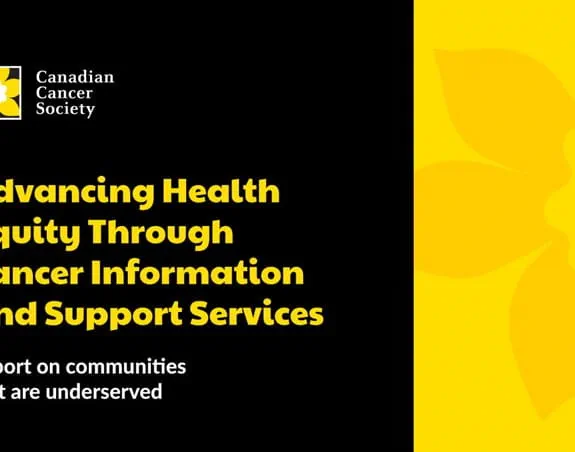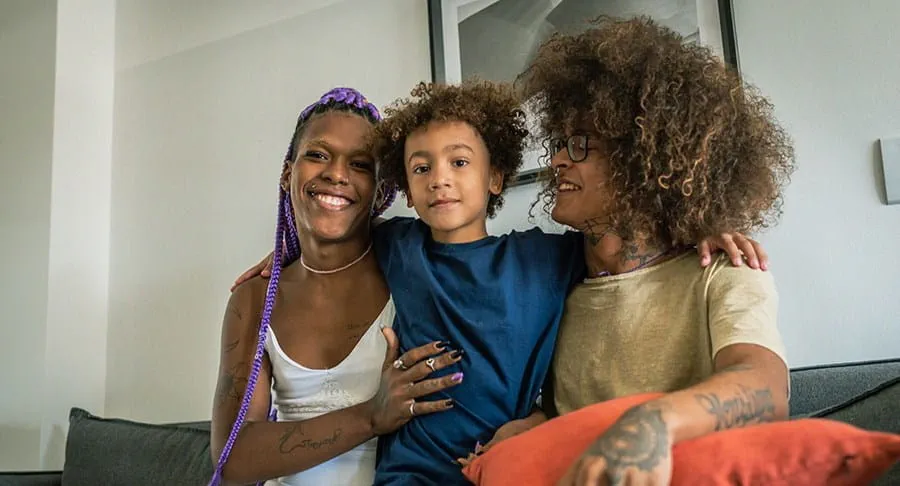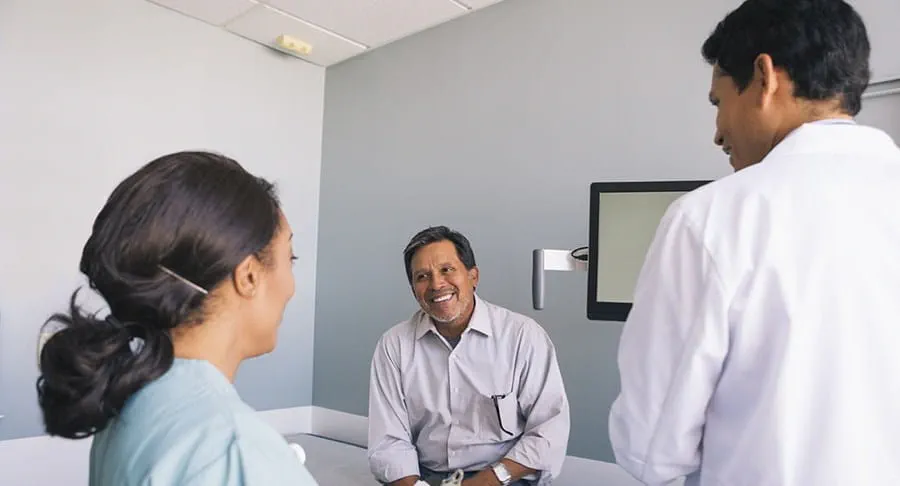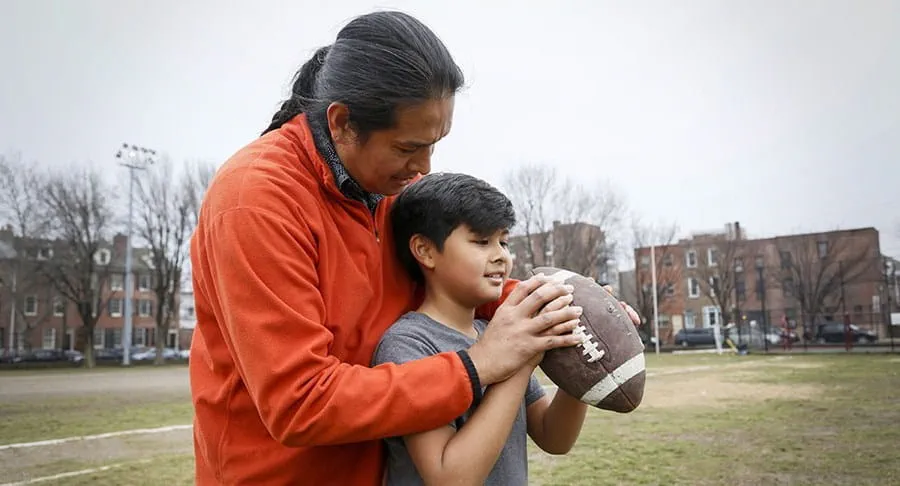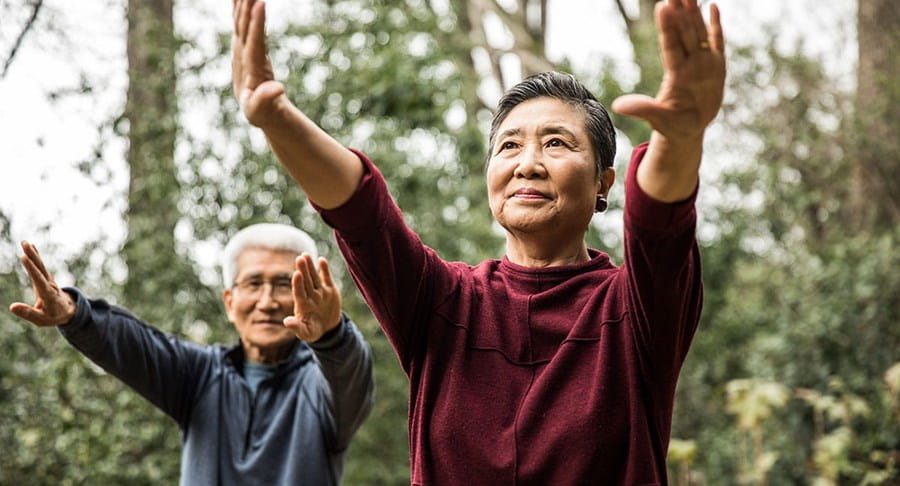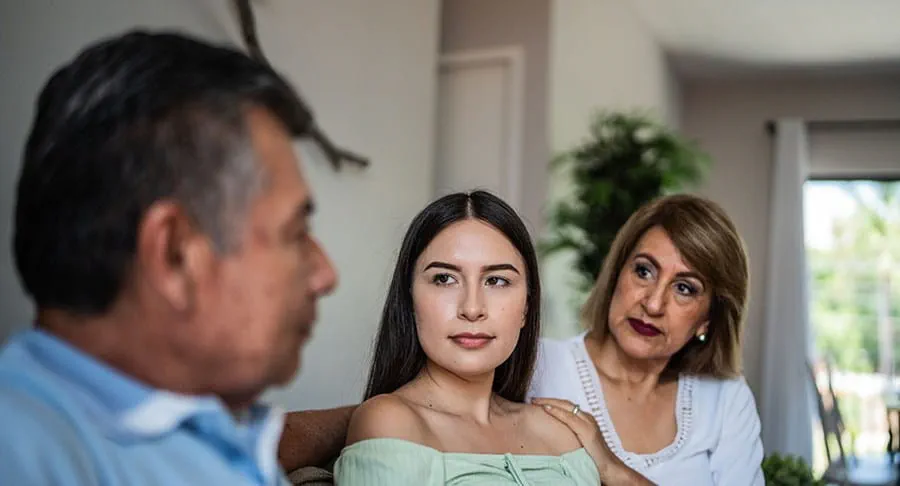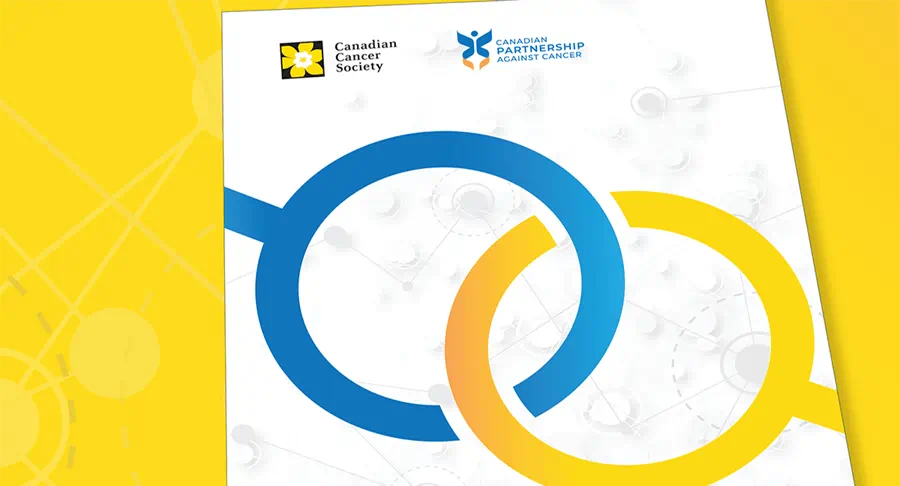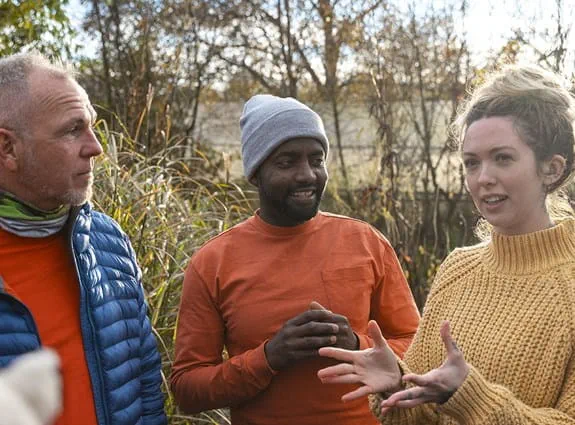
Our health equity work
With 2 in 5 people in Canada expected to be diagnosed with cancer in their lifetime, cancer has an impact on all of us. We also know that some people and communities are disproportionately affected by cancer. There are deep disparities in cancer risk, cancer care and cancer research, resulting in consequences that cannot be ignored. To address this problem, we need focused attention from governments, health partners and charitable organizations like ours. We must remove barriers and advance equity so that everyone can access the care, support and information they need.
Communities that are underserved in the context of health services are populations that face inadequate and disadvantaged access to healthcare due to various factors such as race, age, language, geography, gender identity, sexual orientation and socio-economic status. A person who is part of an underserved community may:
- be more likely to be exposed to cancer risks
- have problems getting the care or services they need
- receive less care or a lower standard of care
- get services or treatments that do not meet their needs
- be less satisfied with services than the general population
- have poorer outcomes during their cancer experience
The Canadian Cancer Society (CCS) acknowledges its responsibility to provide cancer information, support and practical services to these communities, as well as advocate for healthy public policy and fund research focused on advancing health equity.
Everyone needs and deserves to live, work and play in health-enhancing environments, to have equitable access to quality healthcare services, and to have safe and supportive cancer information and support following a cancer diagnosis. But not everyone receives it, let alone where, when or how they need it the most. We can change how we work in small and big ways. CCS is committed to supporting underserved communities that are impacted by cancer.
Serving communities better
We currently use “underserved communities” and “communities that are underserved” to highlight the need for systemic changes rather than solely focusing on the individual or community itself.
CCS currently has identified 10 communities that are underserved with 25+ sub-categories. They are not the only communities underserved by CCS or the healthcare system.
- 2SLGBTQI+ communities
- adolescents and young adults with cancer
- advanced cancer
- communities that don’t speak English or French
- Indigenous communities
- newcomers to Canada
- older adults
- racialized communities
- rare cancers
- rural and remote communities
These communities were originally identified out of our work to explore how to better meet the needs of communities that were underserved by our information and support services. We have begun work with these communities and will add more communities that are underserved over time. Of these 10 communities, some have unique needs when it comes to their cancer diagnosis, their age or life stage, the language they speak or where they live. Many of these communities face systemic racism, marginalization, discrimination and stigma. This impacts their overall health, not just their cancer diagnosis and experience. CCS has defined these underserved communities to identify specific support needs. But we recognize that people may identify with multiple communities and bring their unique experiences with them.
Diversity and intersectionality
Applying an intersectionality lens is equally important. Intersectionality, coined by Kimberlé Crenshaw, acknowledges that people's experiences are shaped by a combination of social factors, including gender, race, age and others. These experiences interact with systems and structures of power, such as sexism and racism. By understanding how different forms of inequality intersect and worsen each other, we can better address the needs of underserved communities.
Our vision for working with communities that are underserved (2022 to 2028)
Over the next 5 years, we will work collectively to reduce health inequities for communities that are underserved across the cancer control continuum by reducing barriers, increasing access, supporting communities through CCS offerings and advocating for systemic changes to health systems. These are our objectives:
- Build and sustain a foundation that supports a health equity approach across mission and drives the generation of evidence, the collection of relevant data and best practices in engagement.
- Develop and implement integrated mission strategies for communities that are underserved. This integrated approach includes working across our mission teams through research, advocacy, cancer statistics and data, information, programs and services.
- Co-create community-specific program initiatives that are aligned with identified needs and CCS capabilities as strategic opportunities arise.
This work requires developing and building partnerships with communities that are underserved and organizations that work with them to understand their unmet needs and co-build solutions. It will be embedded in all of our work across teams and programs.
Guiding principles
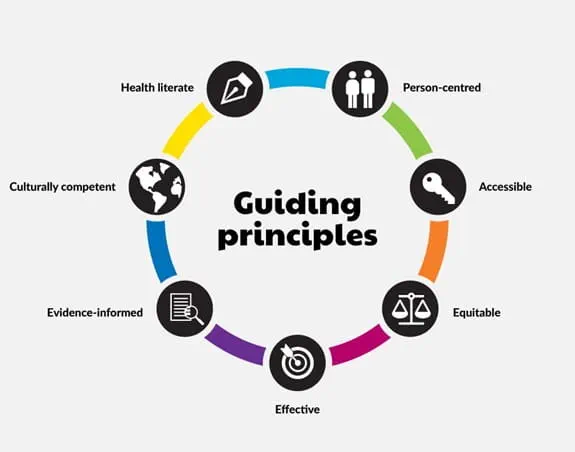
Advancing Health Equity Through Cancer Information and Support Services: Report on communities that are underserved
Our underserved communities report identifies communities that face barriers to accessing cancer information and support in order to understand gaps, barriers and challenges, and to outline opportunities and tactics to address them.
We thank the Canadian Partnership Against Cancer for its support and funding, which enabled CCS to undertake this innovative work.
